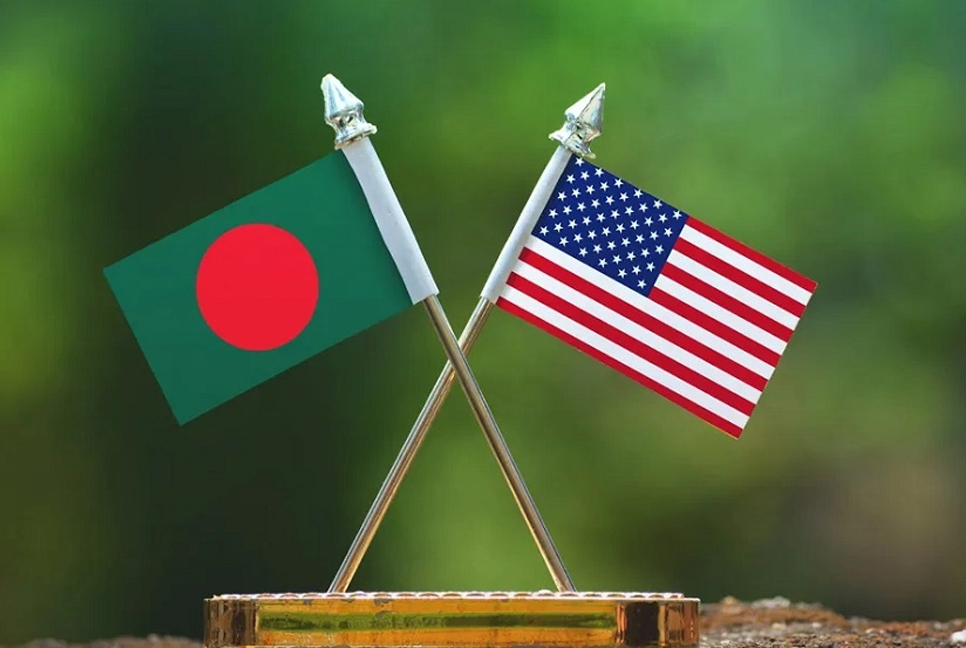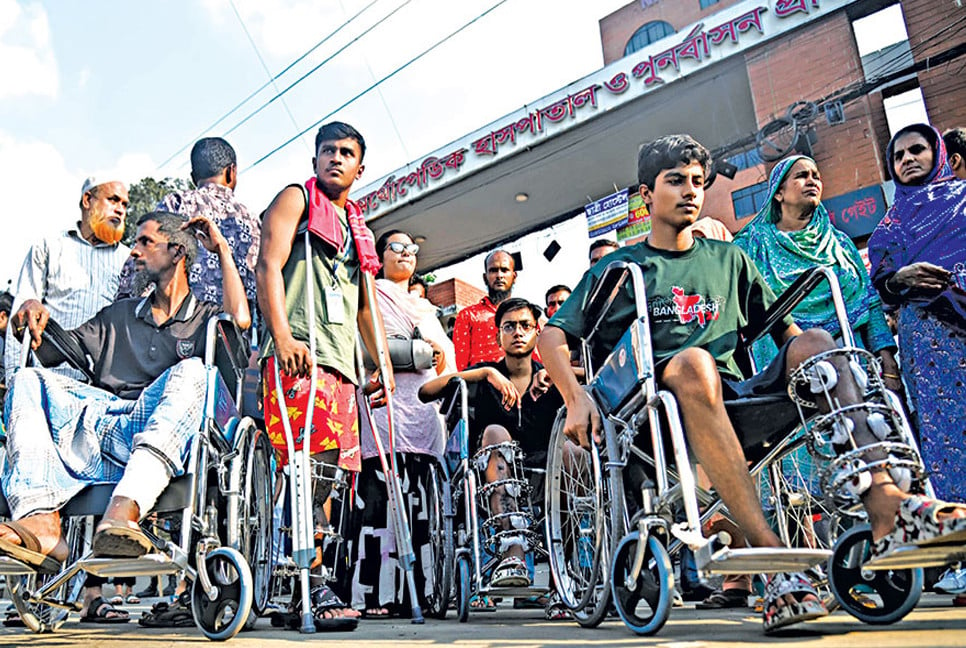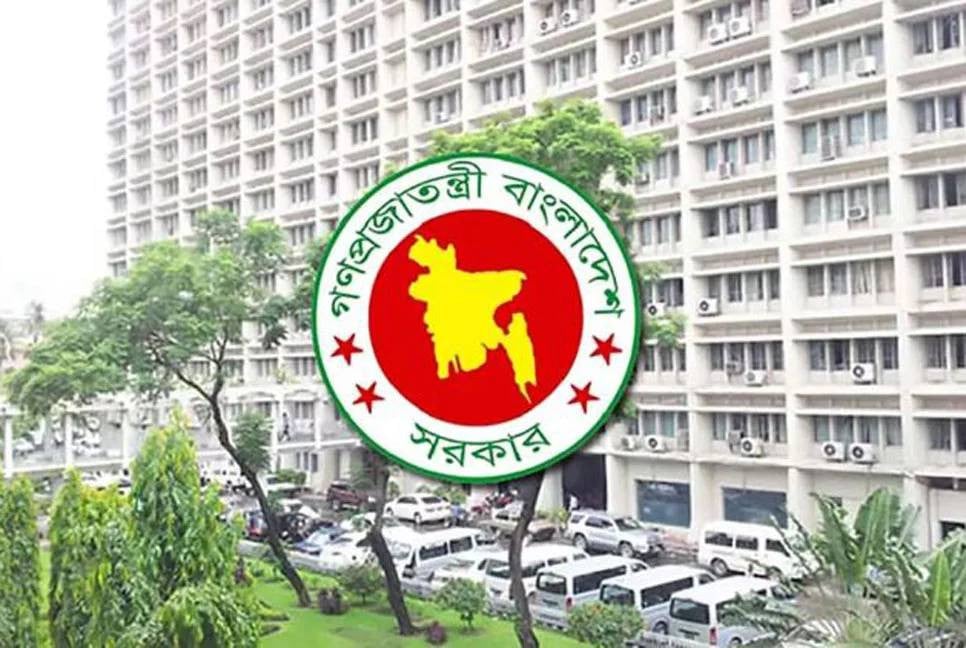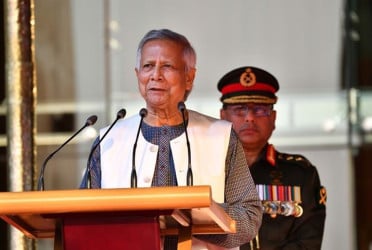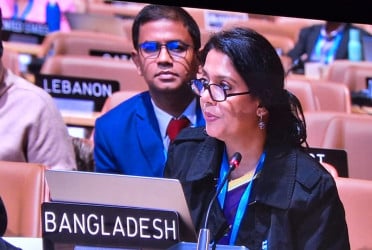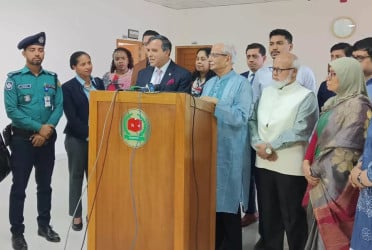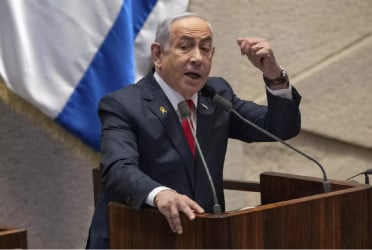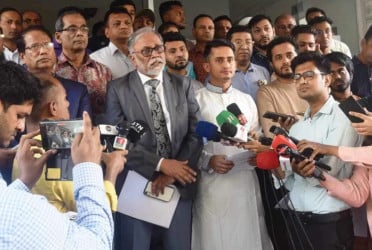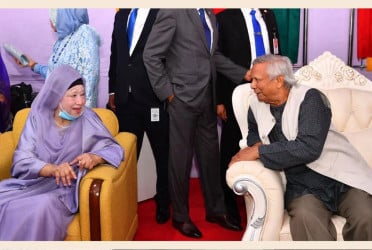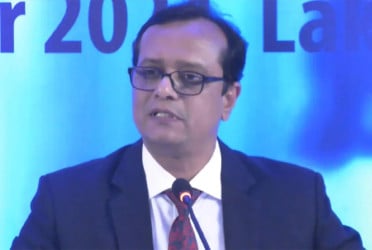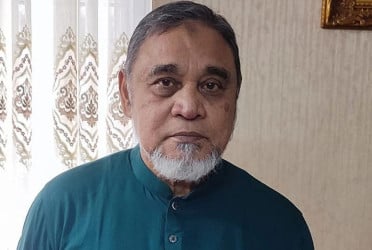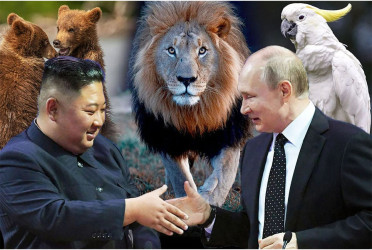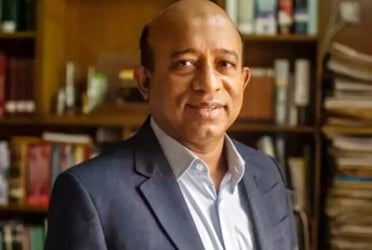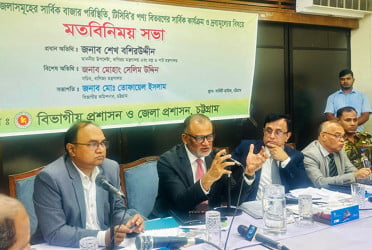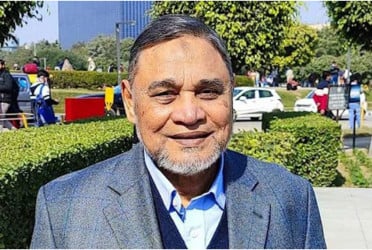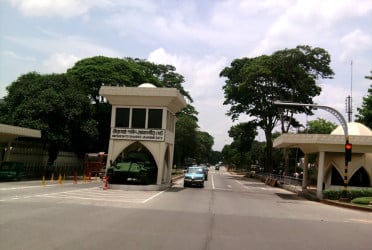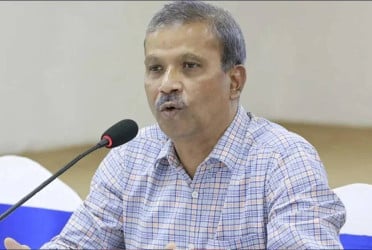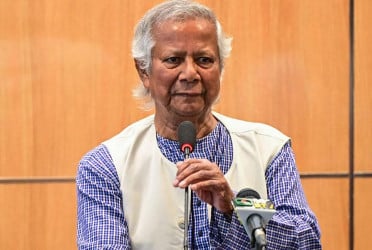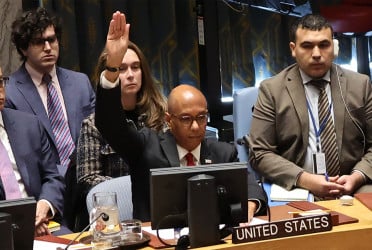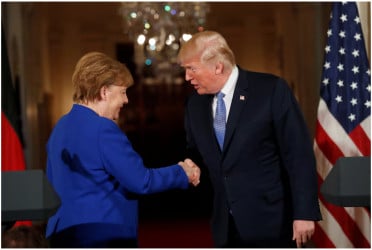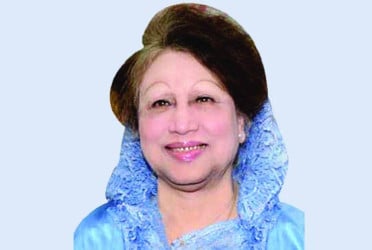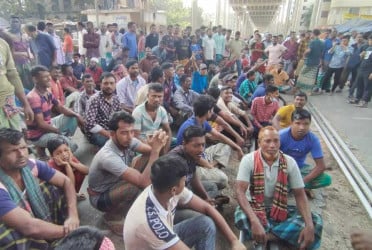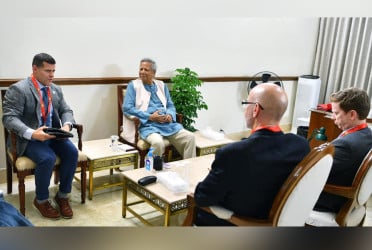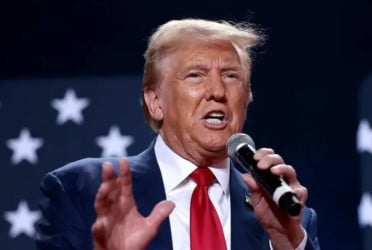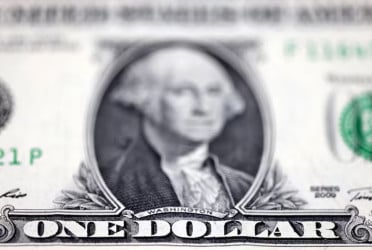The landscape of Bangladesh-US relations has undergone a transformation following the United States' stern stance on Bangladesh's elections. Prior to and after the elections, the US has adjusted its approach toward Bangladesh, marking a new chapter in bilateral ties.
Expressions of interest in bolstering relations have emanated from the US, with positive sentiments about Bangladesh echoing from the highest echelons of the US administration.
Analysts assert that the realistic assessment following the period of tension has helped recalibrate the relationship between the two nations, paving the way for enhanced economic cooperation in the future.
Diplomatic sources indicate that since the reelection of the Awami League in Bangladesh, the focus has shifted away from the US's previous scrutiny of the elections. Instead, there is a heightened interest in fostering economic and strategic ties with Bangladesh.
The shift in US stance became evident with President Joe Biden's letter to Prime Minister Sheikh Hasina in early February, a month subsequent to the elections, wherein he pledged to advance bilateral relations. A subsequent visit by a high-level US delegation to Dhaka further underscored the US's renewed commitment to strengthening ties by addressing various pertinent issues.
In his letter, President Biden affirmed US support for Bangladesh's ambitious economic objectives and reiterated a commitment to collaborating with Bangladesh in realizing a free and open Indo-Pacific region. Highlighting the enduring history of cooperation between the two countries, President Biden expressed eagerness to continue collaborative efforts on regional and global security, economic development, climate change, energy, global health, and humanitarian aid, particularly for Rohingya refugees. Emphasizing the robust people-to-people ties as the cornerstone of the relationship, President Biden signaled a promising trajectory for the US-Bangladesh partnership.
After Biden's letter, US Deputy Assistant Secretary of State for South and Central Asia Afrin Akhtar and US Agency for International Development (USAID) Assistant Administrator Michael Schiffer visited Dhaka under the leadership of Rear Admiral Eileen Lubakhar, Senior Director of South Asia Affairs of the US National Security Council. Eileen Lubakher came to Dhaka and said that the US delegation is visiting to advance the relationship.
Foreign Minister Anthony Blinken on Tuesday gave a message to promote relations with Bangladesh in a greeting message on the occasion of Independence Day. He termed Dhaka as Washington's proud partner in facing various global challenges including climate change, peacekeeping.
In his message, Blinken said, the United States is a proud partner of Bangladesh on many important issues today, including combating climate change, economic development, responding to the Rohingya crisis, assisting global peacekeeping operations, and addressing global health challenges. Our partnership plays an important role in ensuring a free, open, secure and prosperous Indo-Pacific region.
US Assistant Secretary of State for South and Central Asia, Ambassador Donald Lu, attended a reception organized by the Bangladesh Embassy in Washington DC on the last Independence Day and praised Bangladesh-US relations. He praised Bangladeshi Americans for building the foundation of Dhaka-Washington bilateral relations.
Analysts said that global democratic practice is the first priority for the ruling Democrats in the United States. That is why the United States has brought forward issues such as labor rights, human rights, good governance, and freedom of expression long before the elections in Bangladesh. The United States is taking pragmatic decisions based on the success or failure of its foreign policy in Bangladesh. So they are focusing more on issues like trade, security, defence, Indo-Pacific strategy, climate change.
International relations experts Dr. Delwar Hossain told Bangladesh Pratidin that bilateral relations between Bangladesh and the United States are strong. Although there have been some tensions in this relationship, but from a realistic point of view, both the countries have put their relations in the right position.
“Geopolitically, the US is implementing the Indo-Pacific Strategy. They need allies in this region. Next to Bangladesh are Myanmar, China, India. But the position of Bangladesh internationally is more important than Myanmar. Because the economy of Myanmar is 80 billion dollars, while the economy of Bangladesh is about 450 billion dollars. On the one hand, Bangladesh has geopolitical importance, the economy of Bangladesh has also risen. For these reasons, the United States is maintaining Bangladesh with utmost importance from the point of relationship,” he added.
(The report was published on print and online versions of The Bangladesh Pratidin on March 29 and rewritten in English by Tanvir Raihan)

